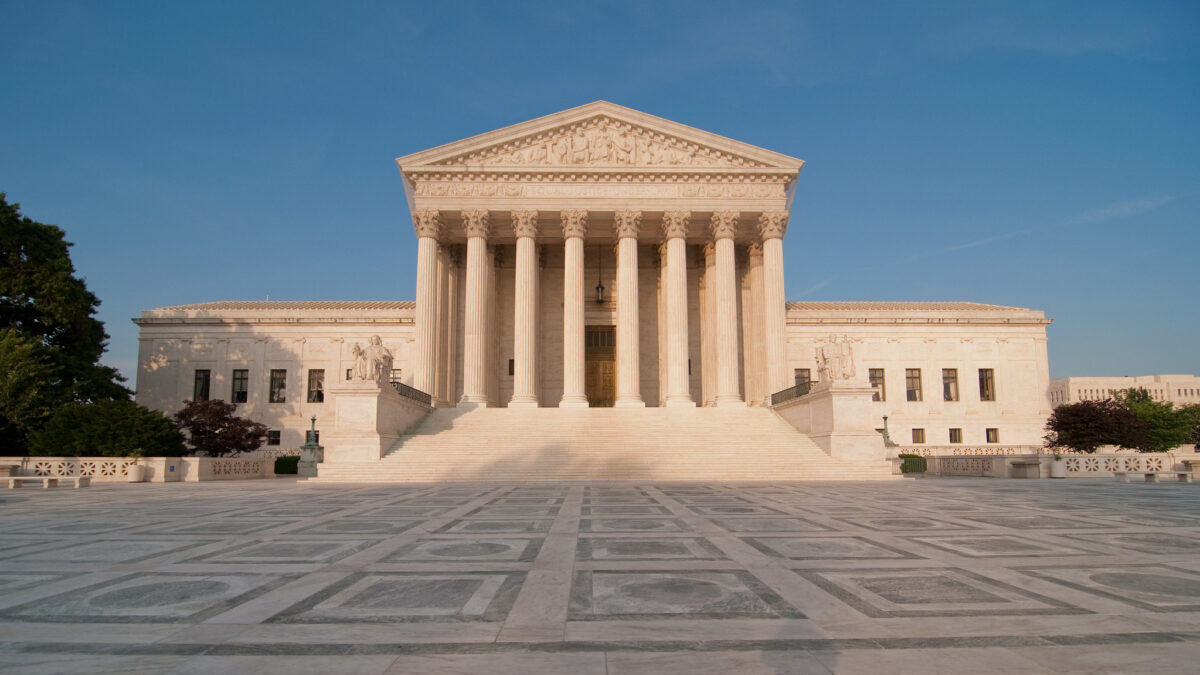Why The Supreme Court Is Unlikely To Fix The Section 230 Immunity Mess — Yet
The Communications Decency Act Section 230 grants providers limited immunity “interactive computer services,” However, for almost two decades lower courts ignored the plain text of the federal statute and instead provided the broad immunity Big Tech uses to censor conservative speech.
Later in the morning, oral arguments will be heard by the United States Supreme Court regarding the scope of Section 230 Immunity. Gonzalez v. Google, the facts of that case make it unlikely that the high court will clarify — much less constrict — the limits of the statutory shield raised by giants such as Google, Twitter, and Facebook.
In 2015, ISIS launched a spate of attacks in and around Paris, including one at the La Belle Équipe bistro, where terrorists murdered a 23-year-old American woman, Nohemi Gonzalez. Gonzalez’s family sued Google, the owner of YouTube, later under the Antiterrorism Act. Claim Google “aided” ISIS’s attempt to recruit members is made possible by the terrorist group posting videos on YouTube. “recommending ISIS videos to users through its algorithms.” Later, the Gonzalezes admitted that Google was not liable for ISIS posting videos to YouTube.
The Ninth Circuit Court of Appeals ruled in Gonzalez v. Google The immunity granted by Section 230 of Communications Decency Act meant that the tech giant was not able to be sued.
The lawsuit is relevant to two subsections in Section 230(c). Subsection c)(1) provides that “no provider of or user” of the information is prohibited. Interactive computer service shall be considered the author or speaker of information provided by others information content provider.” Also, subsection (c.(2)) says “no provider or user of an interactive computer service shall be held liable on account of—
(A) any action voluntarily taken in good faith to restrict access to or availability of material that the provider or user considers to be obscene, lewd, lascivious, filthy, excessively violent, harassing, or otherwise objectionable, whether or not such material is constitutionally protected; or
(B) any action taken to enable or make available to information content providers or other technical means to restrict access of material described in paragraph (1).
The Ninth Circuit ruled in favor of Google because it was queuing. “recommended videos” YouTube functioned like this through algorithms “traditional search engines.” Case law Holds That “search engines are entitled to § 230 immunity because they provide content in response to users’ inquiries ‘with no direct encouragement to perform illegal searches or to publish illegal content.'”
The Gonzalez family appealed to the Supreme Court and argued that YouTube isn’t just open to other people’s speech but also conveys their own opinions. “separate message” It is when it “implicitly tells the user that she ‘will be interested in'” The content of the videos that load automatically and play when the video is accessed. YouTube is “conveying” Its own “separate message,” According to the family Google is not entitled immunity.
" Conservative News Daily does not always share or support the views and opinions expressed here; they are just those of the writer."





Now loading...